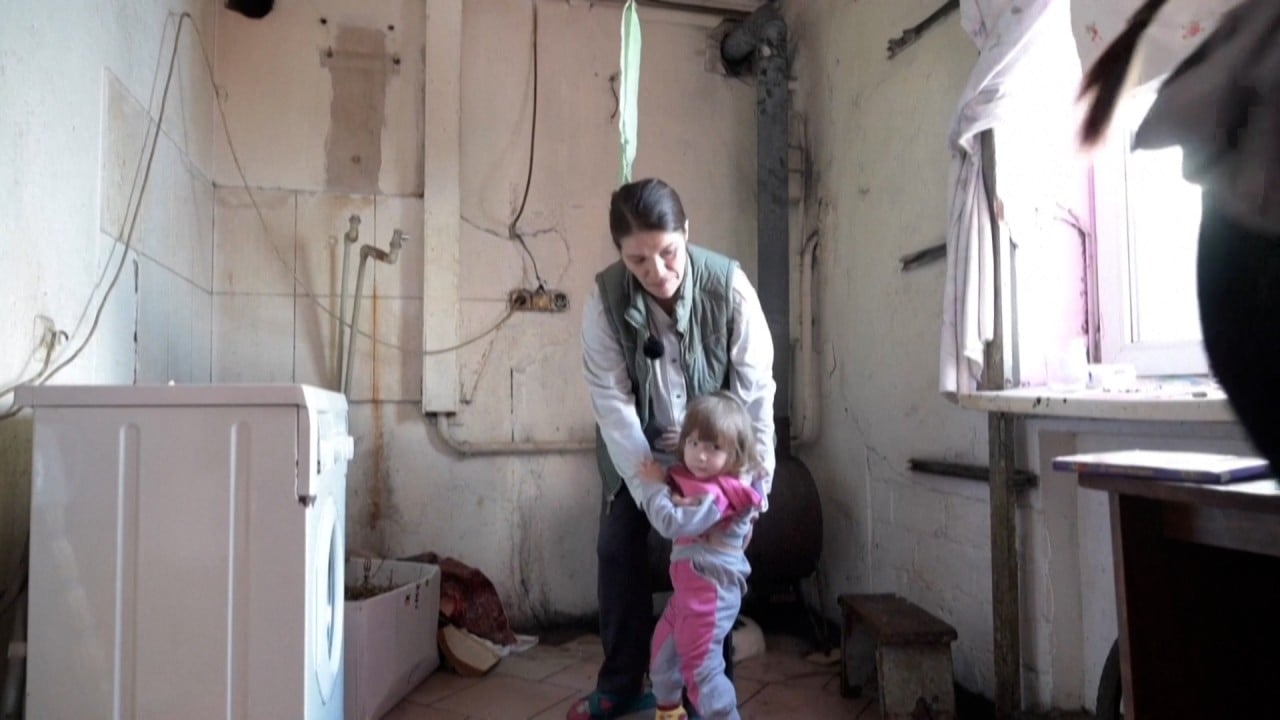
From Ukraine and North Korea to Covid-19 and climate change, global crises leave us feeling helpless
- In a world where high risk is the new normal, this week’s Munich Security Conference will look at how best to overcome the mood of ‘collective helplessness’, given that the resources, strategies and instruments to tackle the challenges are available
“May you live in interesting times” is an English translation of a Chinese “curse” believed to have been said by statesmen Joseph Chamberlain, the father of British prime minister Neville Chamberlain who, in the 1930s, negotiated the Munich Agreement with Adolf Hitler.
Fast forward a century, and the expression still has currency. While seemingly a blessing, it is often used ironically; life is actually better in “uninteresting times” of peace and prosperity than in “interesting” ones of trouble and uncertainty.
The interesting times we live in today, not least due to the growing crisis in Ukraine, is the focus of this weekend’s landmark Munich Security Conference, the premier annual geopolitical event in Europe.
Attendees include 35 heads of state, plus some 100 government ministers and other key dignitaries, including UN Secretary-General Antonio Guterres; German Chancellor Olaf Scholz; Nato Secretary-General Jens Stoltenberg; and US Vice-President Kamala Harris.
According to a statement by the summit organisers, we are living in an “era of successive and interconnected disruptions in which a permanent sense of crisis has become the new normal”.
Yet the Munich summit will address not only challenges like these, Ukraine, and indeed Afghanistan, but also the pandemic, the climate crisis, economic inequality, and cyber warfare, which are also destabilising our global system.
While policymakers and financial markets now appear to be taking fright at the growing array of risks, such turbulence has been a feature of international relations for years now.
For instance, a report from financial institution Citi back in 2016 found that geopolitical risks were “at a 25-year high” amid “the most fluid global political environment in decades”.
Moreover, the World Economic Forum has for several years showcased in its Global Risks Report the mounting challenges facing humanity. The 2016 version, produced with partners including Marsh McLennan and Zurich Insurance Group, contains a warning by Marsh chairman John Drzik that “events such as Europe’s refugee crisis and terrorist attacks have raised global political instability to its highest level since the Cold War”.
Covid-19 is proof the major crises of our time are linked
In this landscape of high risk, the Munich summit will also focus on how best to overcome what it perceives as a mood of “collective helplessness” in which much of the world is failing to face the challenges confronting it, even though the resources, strategies and instruments required to do so are available.
Yet, while there are no easy answers to the current problems, it is sometimes forgotten that there are also success stories.

While much focus is on Ukraine right now, it is actually one of the bystanders in this conflict – China – which may have the biggest bearing on whether the poly-crisis of today gets better or worse.
‘No matter how bad US-China relationship gets, do not cut off contact’
The direction of that bilateral relationship is perhaps, therefore, the key uncertainty in today’s global landscape. While greater collaboration is widely dismissed, a cooperative G2 relationship may yet offer the best prospect for the world to move beyond the “collective helplessness” the Munich summit has highlighted.
Andrew Hammond is an associate at LSE IDEAS at the London School of Economics


